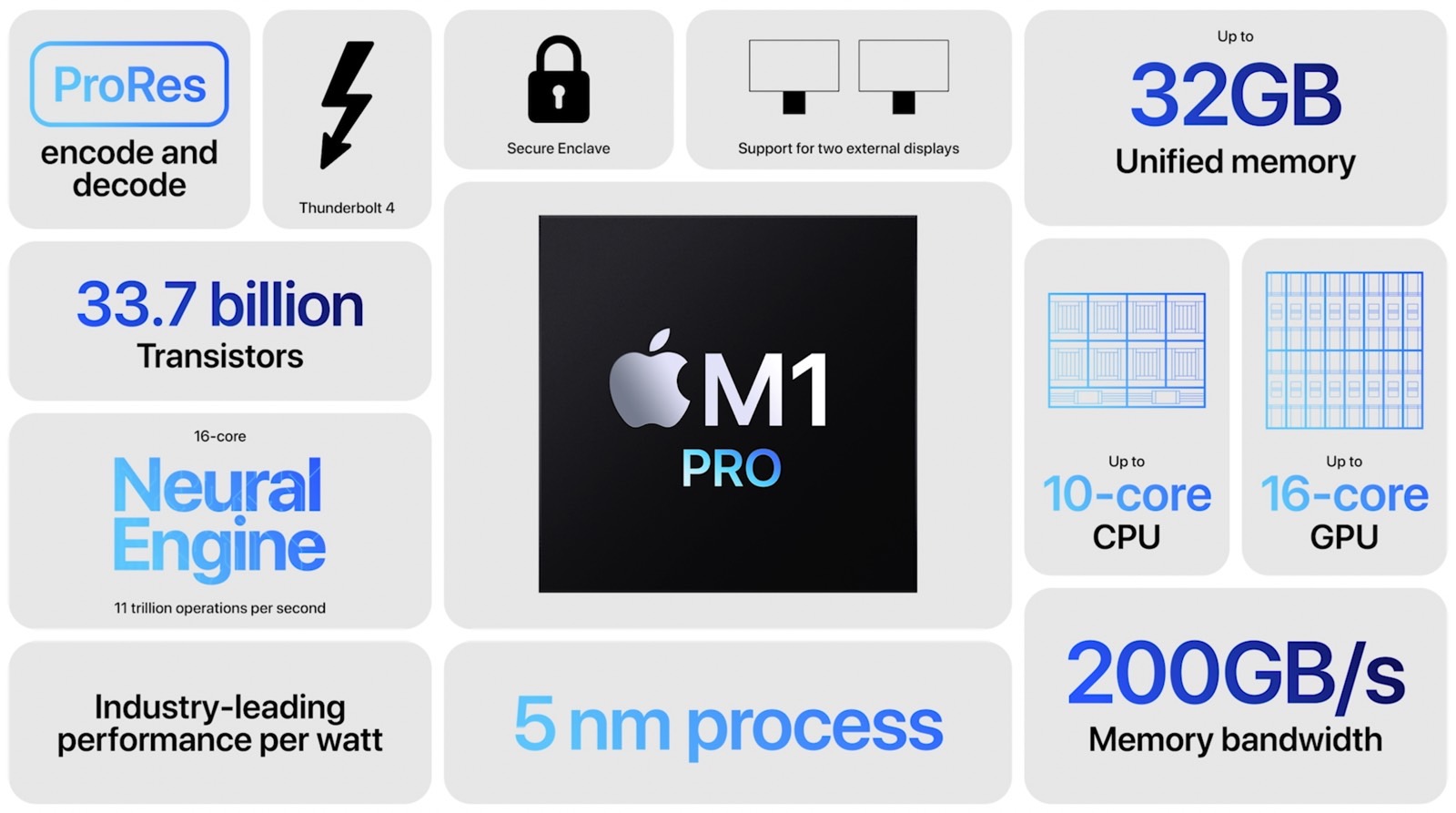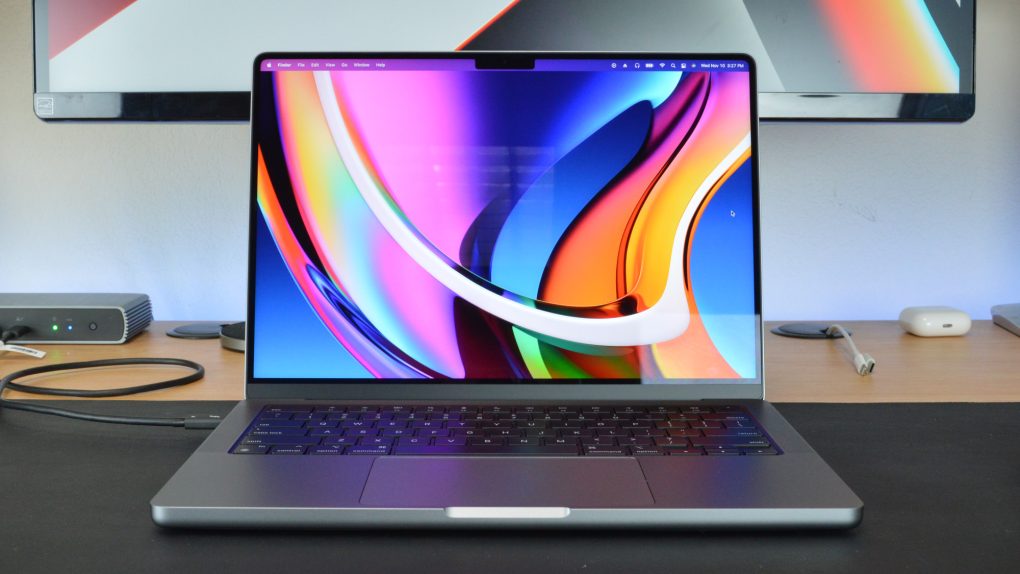Apple unveiled the M1 System-on-Chip (SoC) last year, announcing plans to reduce its reliance on Intel silicon. The M1 MacBook Air and Pro received excellent reviews that prompted Intel to launch a massive anti-Apple campaign. The chipmaker is terrified of what Apple’s custom processors can do. So, Intel has been running its anti-Apple ads for the better part of the year. Apple doubled down on the M1 with the M1 Pro and M1 Max that power the 2021 MacBook Pro models. The new SoCs deliver even more power. In response, Qualcomm wants to make its own M1-grade processors that will serve the Windows 11 machines of the future. Intel’s big M1 nightmare is only getting worse.
Intel’s big Apple M1 scare
We explained why the chipmaker is so afraid of Apple with each cringey Intel commercial that bashed the M1. It wasn’t just because Apple’s Mac sales rose thanks to the M1 chip in that past year. Apple’s Macs still account for a limited share of the global PC market. It’s Windows that dominates the field, and Windows devices run on Intel or AMD chips, not M1 processors.
But Apple silicon proves that Intel and AMD aren’t the only competitors on the market. Apple’s M1 SoC will only empower other chipmakers to dream big. And they could come up with ARM chips of their own that could offer similar performance to the M1.
Qualcomm is one of those companies, and one can argue that Qualcomm beat Apple to market by several years. Laptop vendors made devices based on Qualcomm’s Snapdragon platform for PC for a few years. Yet those devices never got the stellar reviews that the Apple M-series chips received.
On top of Qualcomm, Samsung and Google might be interested in advancing their custom SoC tech to the point where those processors could power Windows laptops and Chromebooks.

Qualcomm’s new Windows processors confirmed
Qualcomm has been trailing Apple for years when it comes to mobile SoCs. The best Snapdragon chips can’t touch Apple’s new A-series processors. That’s why it’s not surprising that the M1 saw praising reviews while the Snapdragon 8cx models failed to generate similar excitement.
But Qualcomm wants to change all that. The company just announced that it plans to develop a next-generation Arm-based SoC “designed to set the performance benchmark for Windows PCs.” Qualcomm said during an event that the new chip will be an “M-series competitive solution for the PC.”
Also, Qualcomm plans to scale its Adreno GPU tech to meet the needs of Windows PCs, including desktop-class gaming support. The M1 Max and Pro also deliver tremendous GPU upgrades. By using Apple’s M-series as an overall benchmark, Qualcomm indicates it means serious business. So Intel should be afraid.
The caveat is that Qualcomm can’t just turn a Snapdragon SoC into a PC processor that can rival the M-series chips. During the company’s 2021 investor day event earlier this week, CTO James Thompson explained that it’ll take some time to get there. Qualcomm will start sampling about nine months before product launches. The new chip is supposed to reach Windows users in 2023.
In other words, it’s too early to get excited about Qualcomm’s next PC chip. Not to mention that the entire industry will advance by then. Apple should release additional M1 successors, and Intel will want to catch up.

What’s different about Qualcomm’s Windows chips
But there is one big reason to be excited about Qualcomm’s future Windows 11 PC chips. The chipmaker purchased Nuvia for $1.4 billion earlier this year. That’s a chip company that three former Apple employees founded in 2019. They worked on the A-series chips that power the iPhone and iPad, A-series chips that served as the building blocks for the M-series processors.
That’s not to say that Qualcomm will tap directly into Apple-like technology. But the new Nubia tech could give Qualcomm’s Windows PC chips a massive boost, making forgotten the dull Snapdragon 8cx. Qualcomm made that clear during the event. The company said that it wants to set performance benchmarks for Windows PCs with the new chip. The company also said that it wants to lead in “sustained performance and battery life,” seemingly putting Intel on notice.
We’ll have to wait and see how all of that pans out. But it’s safe to assume notebook vendors will be watching. The only way to compete against the M-series MacBooks might be getting an ARM processor that can rival Apple’s silicon rather than waiting for Intel to come around. Also, let’s not forget that Microsoft is one of the companies interested in ARM PCs. That means Windows 11 could get rapid optimizations for ARM, which could further convince other vendors to adopt Qualcomm’s new chips.








